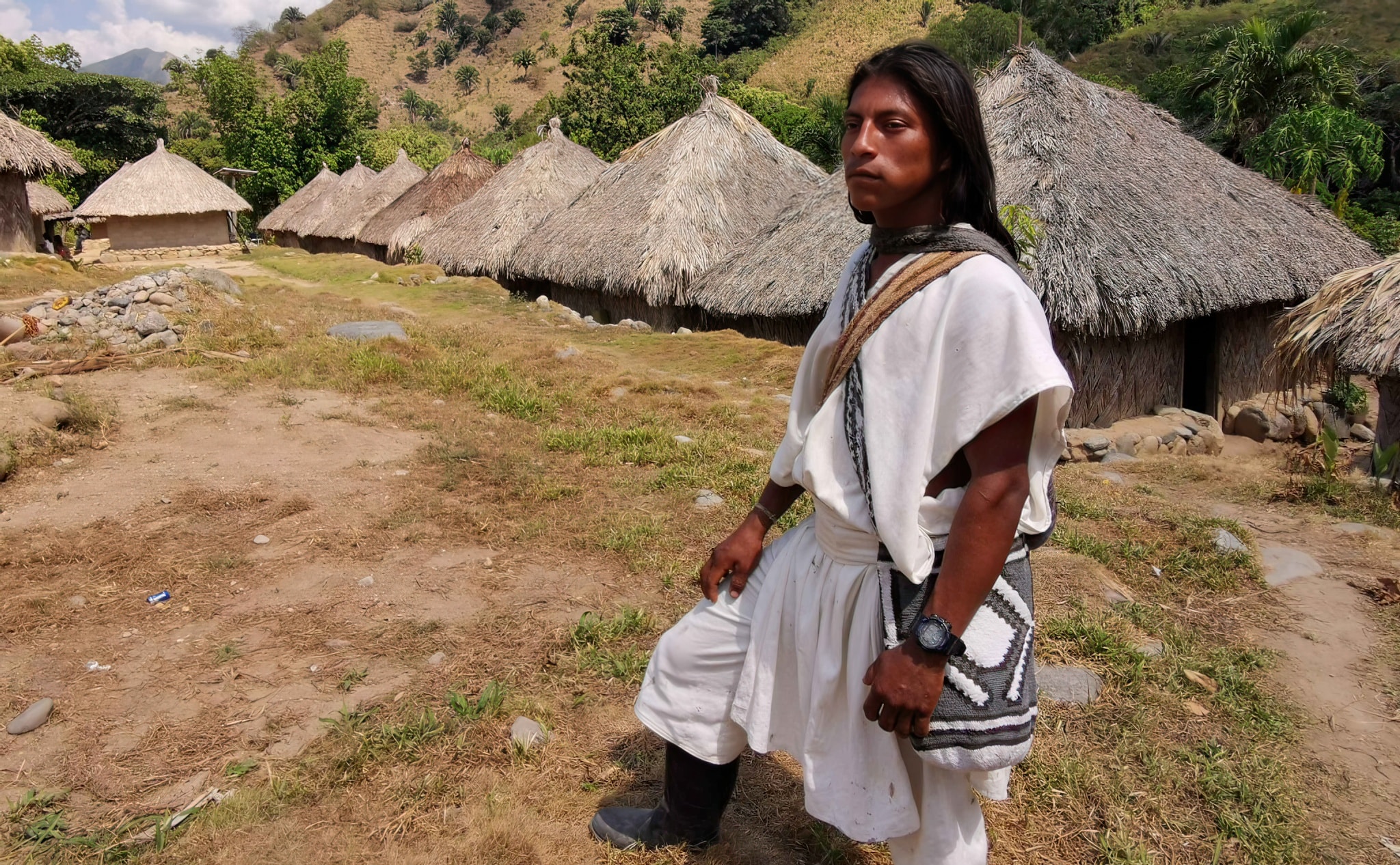Archeology
Archaeological intervention activities were held throughout 2022 in thirty eight (38) preventive archeology programs, located mainly in the regions of Orinoquía, Andina Oriente, and Central, which concentrate the largest number of interventions at the national level. Some of the most relevant efforts include the start of five (5) new preventive archeology programs in operating and exploration areas (Llanos 141, PYE Recetor Norte, EIA APEM Marina Rubí, Moriche and AMI Jarara fields), under Decree 138 of 2019, and the implementation of three hundred sixty-seven (367) archaeological management plans, mainly with rescue and monitoring initiatives. With regard to the latter, it is worth noting the completion and closure of two (2) archaeological authorizations for the Llanito DLP project, which were executed in the last four (4) years.
As for the management of the Nation’s cultural assets within the framework of the interventions, Ecopetrol has approached regional institutions such as the cultural centers in the municipalities of Barrancabermeja, Yondó, Castilla la Nueva, Acacías, and others, in order to ensure the proper conservation and safekeeping of the archaeological items. At the same time, all management plan formulation and implementation projects included public archeology activities such as workshops, talks, and exhibitions focused on sensitizing local populations and project personnel on the importance of protecting the archaeological heritage, as well as the corresponding regulatory measures for the protection thereof. Also noteworthy are the findings in the project areas of the 50k-CPO 9 (Acacías), Yuma (Barrancabermeja), and Campo Casabe (Yondó) fields. All materials and contexts found have served to complement the understanding of pre-Hispanic occupation in the territory.
(GRI 413-2, 11-15-3, 11-16-2, 11-17) (WEF 28E)
Resettlements
Ecopetrol has implemented a procedure for population resettlement, based on the UNGPs and international population resettlement policies: World Bank OP 4-12, IDB standard OP-710, and the International Finance Corporation’s (IFC) Manual for the Preparation of the Resettlement Plan. The procedure sets the conceptual and methodological route to prevent, mitigate, correct, and offset the economic and social impacts caused by the involuntary displacement of the population inflicted by the Company’s operations and projects. It similarly defines the measures to restore socioeconomic conditions and trigger an opportunity to improve the circumstances of the population to be resettled.
| Region | Status or Phase | Temporary | Final | Total |
|---|---|---|---|---|
| Central | Closed | 883 | 40 | 923 |
| Execution and monitoring | 652 | 44 | 696 | |
| Total | 1,535 | 84 | 1,619 | |
| Catatumbo Arauca | Closed | 0 | 0 | 0 |
| Execution and monitoring | 15 | 0 | 15 | |
| Total | 15 | 0 | 15 | |
| Andina | Closed | 0 | 0 | 0 |
| Execution and monitoring | 1 | 0 | 1 | |
| Total | 1 | 0 | 1 | |
| National Total | 1,551 | 84 | 1,635 |
| Region | Asset and/or project | Type of Resettlement | Total | ||
|---|---|---|---|---|---|
| Temporal | Final | Status/Phase | |||
| Andina | ANH Agreement Orito area | 1 | Execution and Monitoring | 1 | |
| Catatumbo Arauca | Tibú Field – Well T-21 | 15 | Execution and Monitoring | 15 | |
| Central | |||||
| Casabe Module III Cluster 9 (reported in 2021) | 0 | 1 | Execution and Monitoring | 1 | |
| CLa Cira-Infantas field (reported in 2021) | 878 | 39 | Closed | 917 | |
| 0 | 6 | Execution and Monitoring | 6 | ||
| Naphtha Project (reported in 2021) | 6 | 6 | Execution and Monitoring | 12 | |
| Casabe Field Well 304 | 2 | 0 | Closed | 2 | |
| Casabe Field Well 986 | 2 | 0 | Execution and Monitoring | 2 | |
| Casabe Field Well 653 | 2 | 0 | Closed | 2 | |
| Casabe Field Well 234 | 1 | 0 | Closed | 1 | |
| Casabe Module III Cluster 9 | 0 | 1 | Closed | 1 | |
| La Cira-Infantas field | 644 | 31 | Execution and Monitoring | 675 | |
| Total | 1,551 | 84 | 1,635 | ||
The programs below provide the measures agreed on with the population to be resettled:
- 01
Information, communication, and participation: defines a direct and permanent communication channel to facilitate the process with the population to be resettled, thereby avoiding uncertainty among the social units. - 02
Social support: defines strategies and inter-institutional coordination efforts to guarantee access to social services in their new place of settlement, provide comprehensive support, seek strategies for managing the conflicts generated, and identify networks (family and social) that can support the process. - 03
Support for economic restoration: seeks actions to restore the economic conditions of the social units and produce additional alternatives for this population. - 04
Acquisition of infrastructure (including legal and technical issues and the appraisal of compensations).


